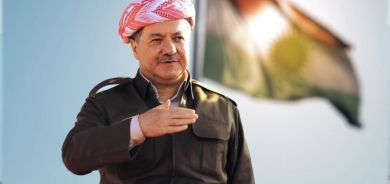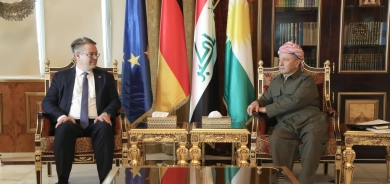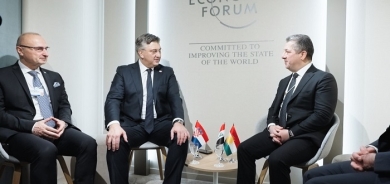A Turkish-Iranian Rapprochement: Regional Implications

The desire for close cooperation with the clerical regime in Tehran marked a return to an earlier pattern, but was a dramatic shift from Turkish policy over the past three years. After the U.S.-led invasion overthrew Saddam Hussein, Turkish and Iranian forces openly collaborated on military missions against insurgent Kurdish fighters that sometimes used KRG territory as safe havens. More broadly, Ankara resisted policies pushed by the United States and its NATO allies to tighten economic sanctions against Iran in response to that country’s continuing nuclear program. At one point, Turkey joined with Brazil to propose a compromise measure that would have been far more appealing to Tehran than the policy Washington preferred. That bilateral initiative drew a sharp rebuke from Secretary of State Hillary Clinton.
Turkish-Iranian commerce soared along with the warming political, diplomatic, and military ties. Bilateral trade, which was a modest $1 billion in 2001, reached $16 billion in 2011, much to the growing annoyance in Washington and other NATO capitals.
Syria’s civil war derailed Turkish-Iranian collaboration, however. Ankara’s relations with Damascus, which were never very friendly, grew extremely tense as refugees from the mounting violence in Syria poured across the border into Turkey. Erdogan’s government joined with Saudi Arabia and Qatar to support the insurgency seeking to topple Syrian dictator Bashar al Assad. Tehran was most unhappy with Ankara’s stance for two reasons. First, Assad was (by far) Iran’s most important ally in the region. Second, Iranian leaders viewed the Syrian uprising as a Sunni Arab bid for power against Assad’s Shiite-led “coalition of minorities” regime. The generous financial and military aid that Saudi Arabia and Qatar gave to the insurgents intensified Tehran’s suspicions on that score.
Ankara’s shift back toward better relations with Iran suggests that Erdogan’s government no longer views Assad’s defeat as inevitable, and, therefore, deems it advisable to repair ties with Tehran. The policy change may also reflect Turkey’s uneasiness about how Syria’s Kurdish community has responded to the internal chaos by creating de facto autonomy in areas with a Kurdish majority.
At the same time, though, Ankara has gradually adopted a more accommodating policy toward the KRG. Turkish businesses now see the stable Kurdish region in Iraq as an attractive arena for trade and investment. And perhaps most important, oil from Kurdistan is flowing in ever greater volume through a pipeline into Turkey.
Those economic factors may inhibit Turkey from basing the new partnership with Iran on mutual hostility toward Iraqi Kurdistan. Nevertheless, the re-emergence of cordial ties between Ankara and Tehran bears watching for multiple reasons. The decline of hostility between two of the region’s leading powers has the potential to promote greater stability throughout the Middle East. Turkey’s possible defection from the Saudi-led coalition to overthrow Assad especially may make a compromise solution to the Syrian civil war more feasible. Those would all be welcome developments.
But Kurdish leaders need to monitor events closely, because the Turkish-Iranian rapprochement could also lead to negative implications for Iraqi Kurdistan as well as the Kurdish communities in Syria and Iran. At the very least, it would be wise for the KRG to redouble its efforts to strengthen already encouraging economic ties with Turkey. That would give Ankara an important incentive not to build any rapprochement with Tehran on an anti-Kurdish foundation.
Ted Galen Carpenter, a senior fellow at the Cato Institute and a member of the editorial board at Mediterranean Quarterly, is the author of nine books and more than 550 articles and policy studies on international affairs.

 Ted Galen Carpenter
Ted Galen Carpenter











